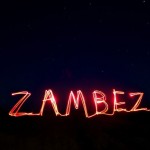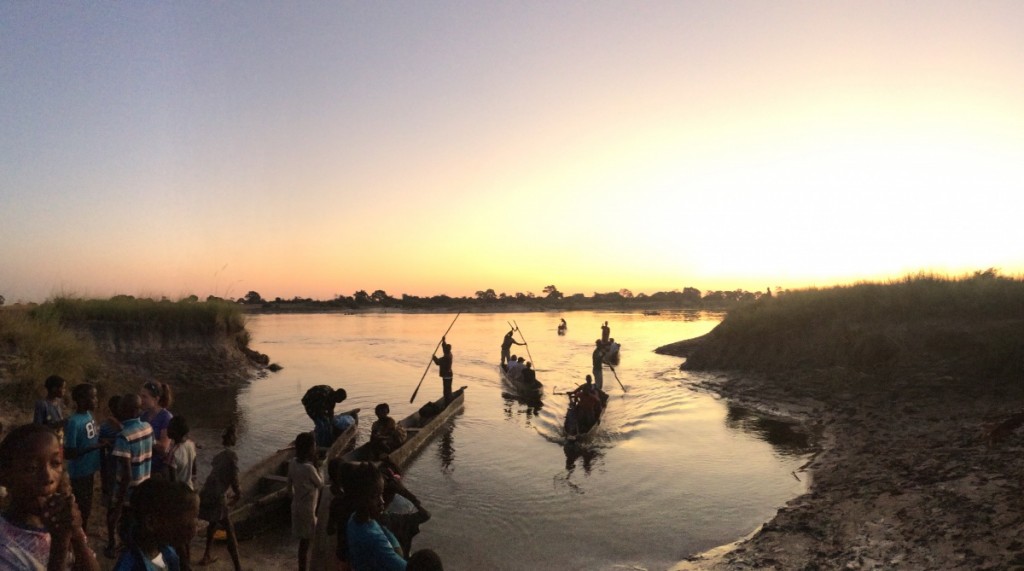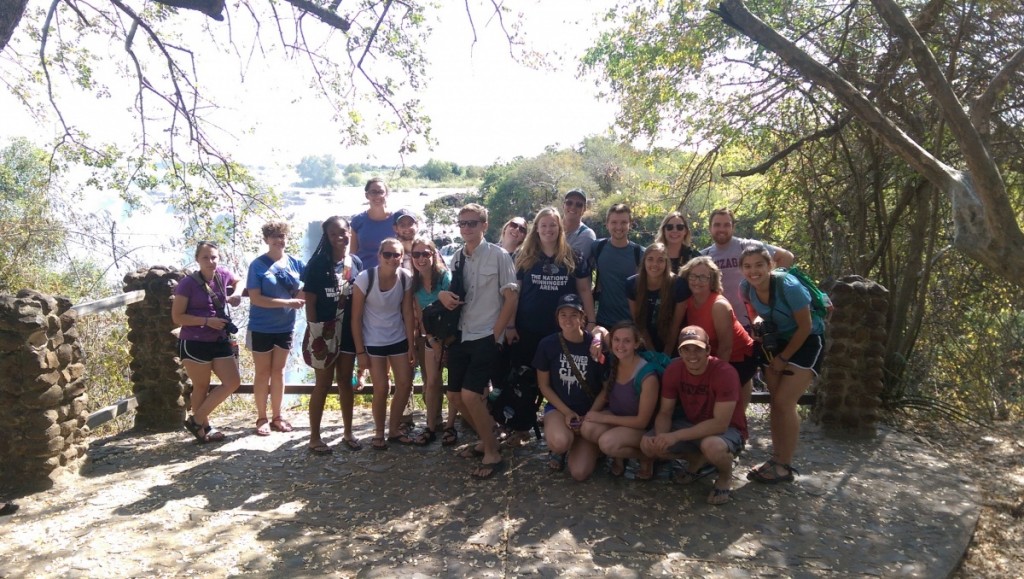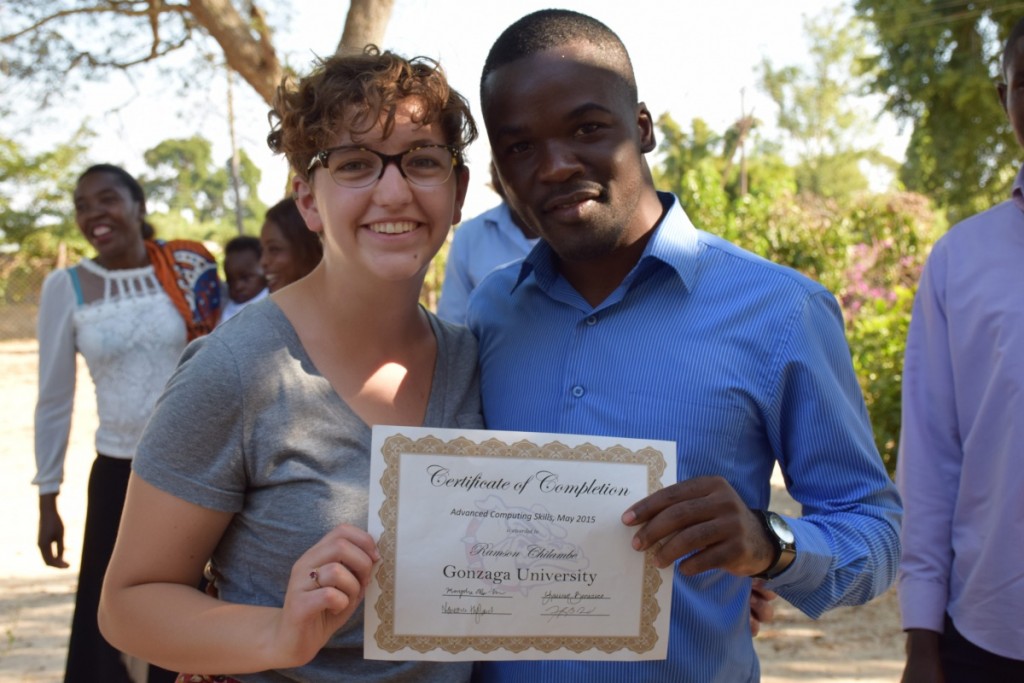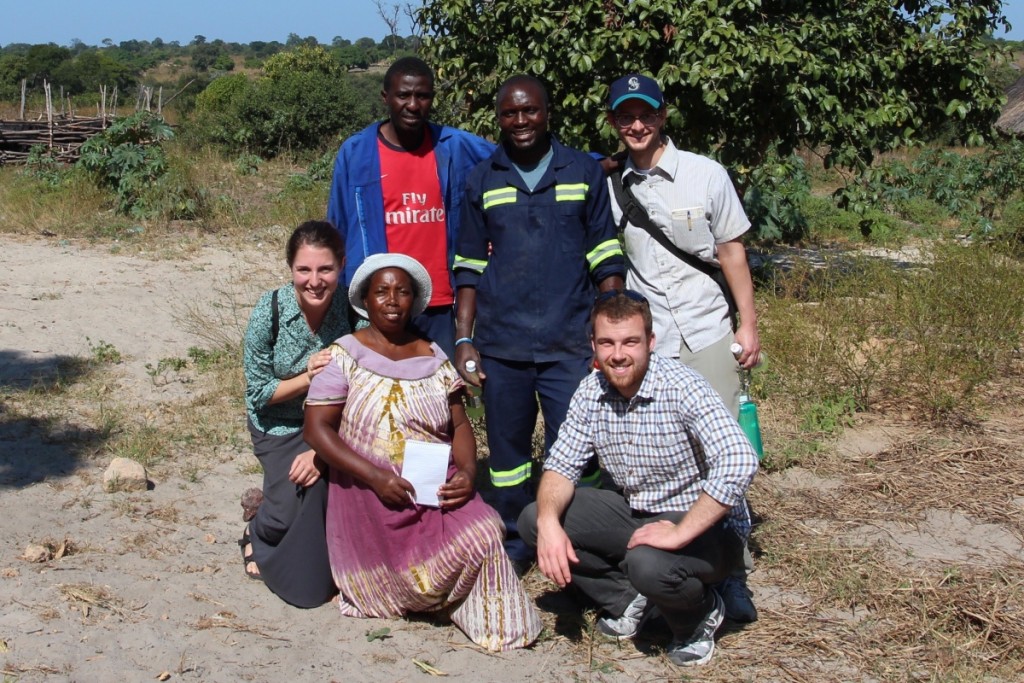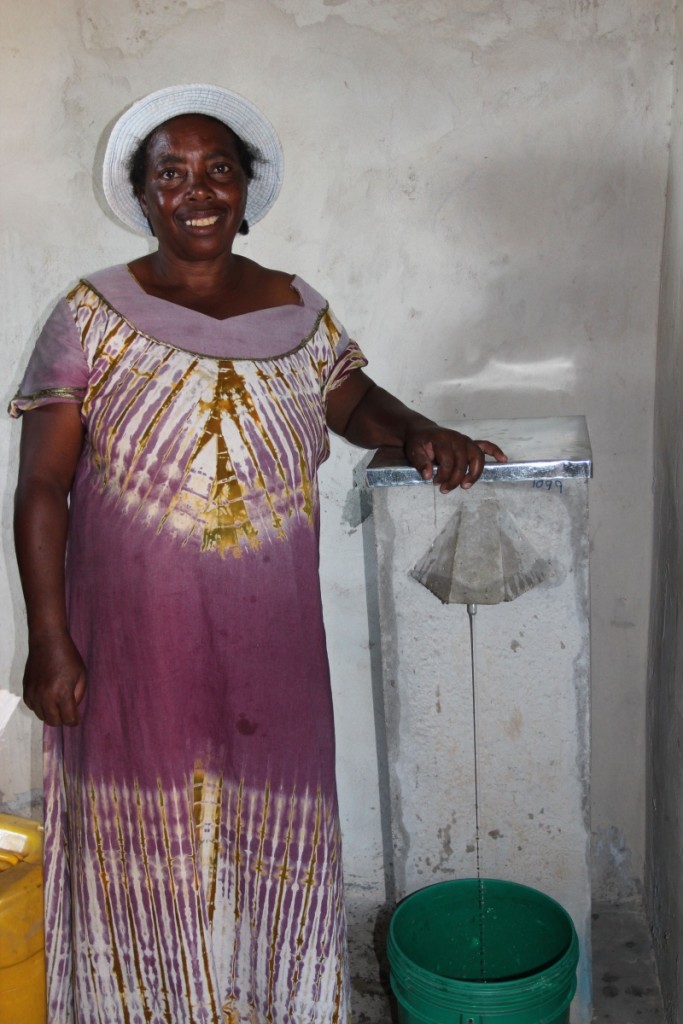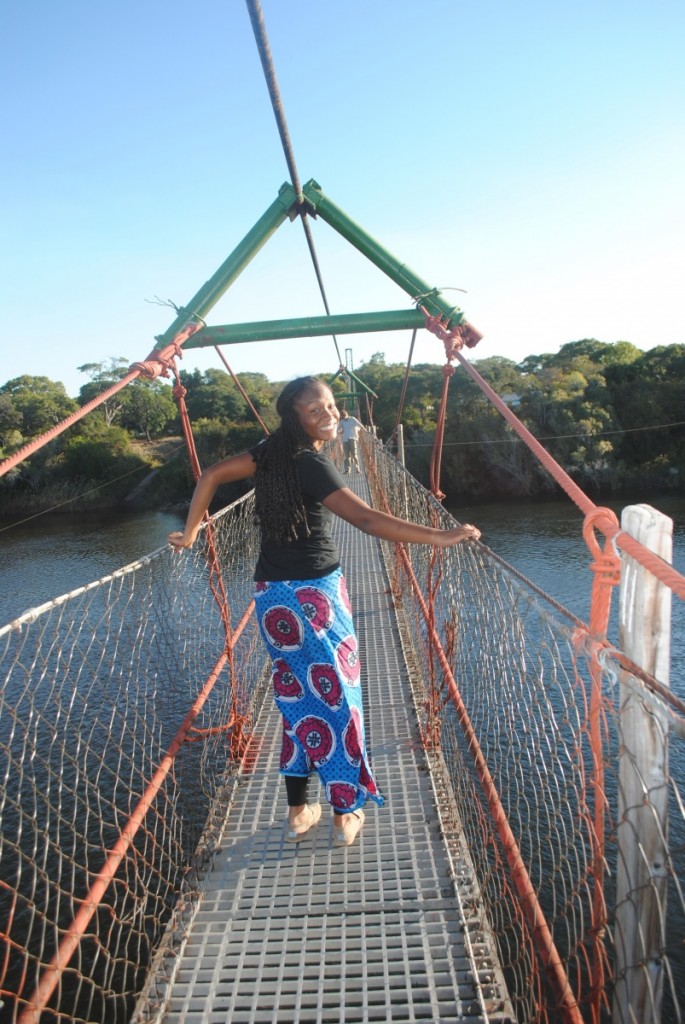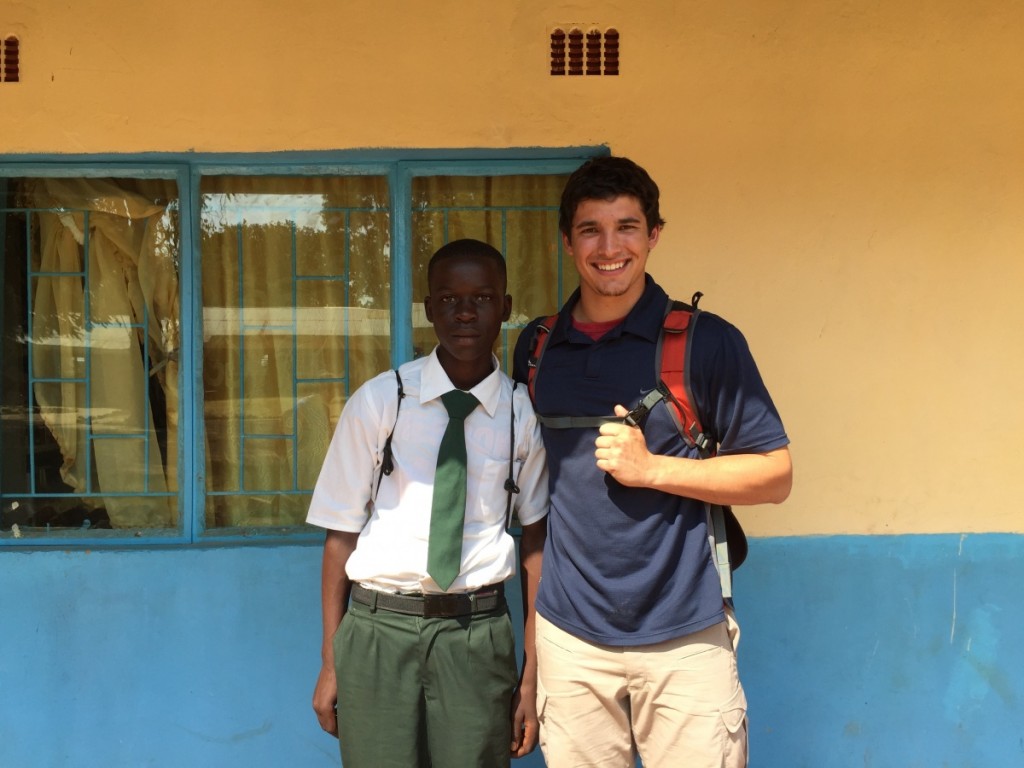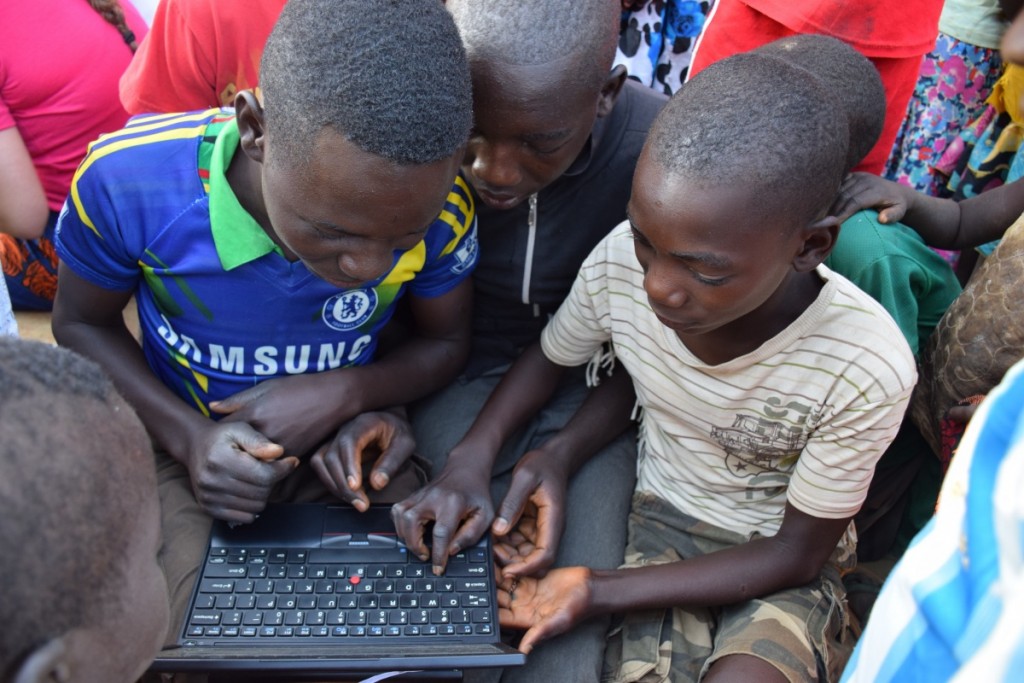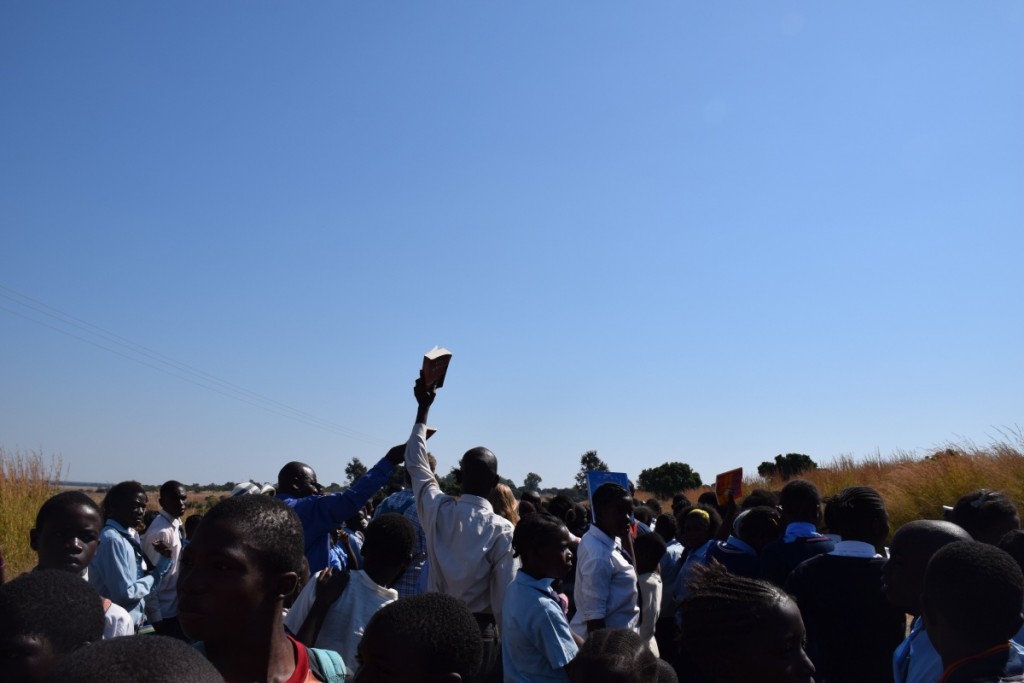As the group’s time in Zambezi comes to an end, I do not believe I am alone in trying to recount my experiences and attempt to give this journey as a whole a greater meaning. I feel unable as yet to articulate one grand lesson from what I have learned from my time in Zambia. With two days remaining, the only lesson I feel ready to share is that time flies, but perhaps I can paint a picture of this country and its people by sharing a few of my experiences and the smaller realizations that I have come to along the way.
In my opinion, the best way to start this excursion is with an explanation of the infamous expression, “Zambian time.” Within the United States, there is a mindset that dictates the importance of being on time. This fast paced business mentality, fueled by our caffeine addictions, would not allow us to dally, as this could lead to the wasting of our so very precious time. Now if this notion of wasting your own time is already unbearable, consider the emotions you might feel if you felt another was wasting your time. Even though we believe being late in the States can lead to nothing good, a Zambian scoffs at this notion and will arrive within a window ranging from 20 to 45 minutes after the start time, interrupting whatever it is you are doing and likely shaking the hand of each person in the room while smiling broadly.
In similar fashion, Zambian culture dictates that if while on the way to do something, you run into and old acquaintance, stopping to catch up is obligatory; surely the person going to be met will understand. The students of Gonzaga quickly came to accept this fact and in some cases embrace it. Though always unsettling when your class is empty 15 minutes after it’s started, there is some good in this. This late into our journey, the entire group has adopted this new way of doing things by slowing down and taking the time to pour an extra cup of coffee, finalize lesson plans, or just panic at our inadequacies as teachers (some of us). Most importantly, this window allows us to slow down and sometimes have the conversation not otherwise possible. I believe the expression, “Zambian time,” reflects the values of the people of Zambia. It is just one example of the value Zambians put on their relationships.
I have also witnessed first hand just how important it is for a Zambian to build a new relationship with a guest. While meeting new people and being welcomed into their communities, I have been humbled by generosity like never before in my life. During our first weekend in Zambezi, the students all went on home-stays with families from the Catholic Church. For my home-stay, I travelled with Peter and Kenzie to the home of Steven and Violet, a couple living in the small bush village of Mushana, right outside of Zambezi. As we arrived, this couple’s property was flooded with 40 plus children under the age of ten. Steven explained to us that people with white skin never came to this village and so this was an exciting event for all of the neighbor children.
After enough singing and dancing with children to probably last the remainder of my life, dinner was presented. Violet had cooked a simple but traditional meal of nshima, relish, and eggs for the three of us. Before starting to eat, she presented each of us with a bottled soda, something we quickly understood to be a special gift reserved for guests, as the funds for such a treat are usually not available. Then, as we ate portions too large for most normal people in the U.S., it dawned on us that not only were the 40 kids staring at us not eating any dinner, but neither were Steven or Violet.
These people welcomed three strangers into their home, fed them anything but a small meal, and all while seeming to have sacrificed their own meals. I will never forget the moment Violet presented us three with our meals with a huge grin. I have been back to Steven and Violet’s since the home-stay and just as he did the first time, Steven said, “Just like America, this place is your home.” I truly believe Steven means what he says. He and his wife have accepted us all into their home and shown me a kindness I’ve never felt from a stranger in the United States. Steven and Violet allowed me to begin to understand just what it is the Zambian people value.
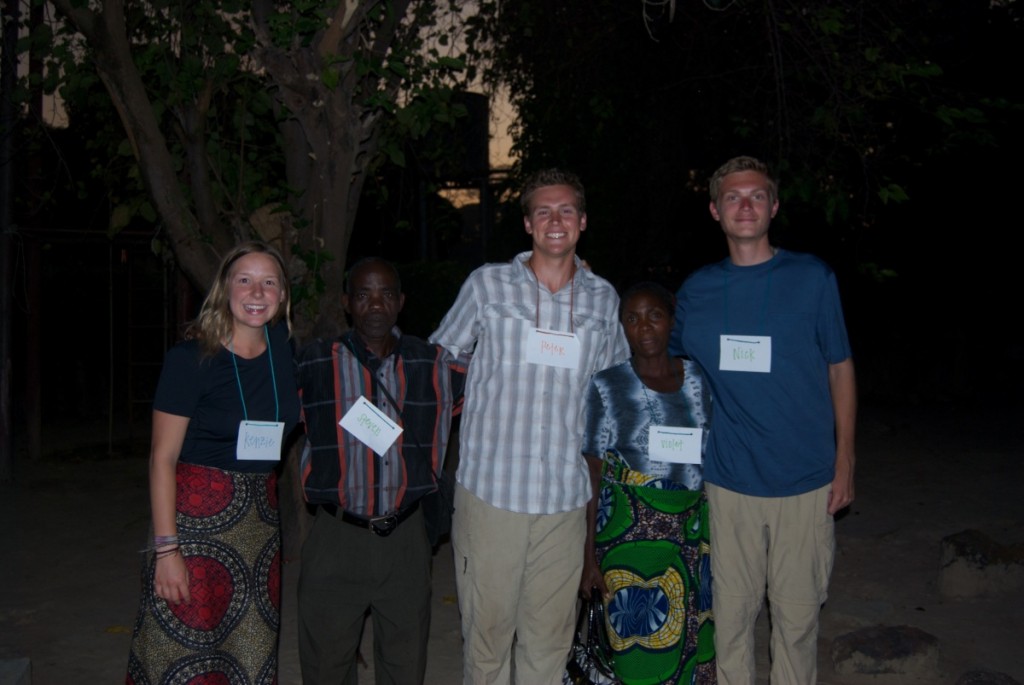
(Kenzie, Steven, Peter, Violet, and I)
Each time the Gonzaga group has visited a new community we have been welcomed, not only with gifts, but also with song and dance. To show our appreciation, we have also sung for them. It is worth noting that I am not the kind of person who enjoys preforming in front of other people. Over the course of this journey, I have had to learn to get over this. During our time here, we have been taught different songs in the local languages, both Lunda and Luvale. Often after an impressive sounding choir has preformed for us, we attempt to return their gesture. We never sound as good. Even so, the people show their appreciation for the fact that we tried (often with laughter). Even during the library opening ceremony, our group was asked to preform a song and dance. Though the group’s rendition of “Ain’t No Mountain High Enough” was for lack of a better word was rough (let us hope there is no video), the people enjoyed it. Apparently even if the quality isn’t always there, the gesture is important because it shows that the relationship is being built from both sides. It is not just the Zambian people reaching out to us, but also us reaching back.
During my time spent in Zambezi thus far, I have learned several things. It is important to slow down and sometimes take a breather. Not only that, but priority should be given to catching up and maintaining lasting relationships. Even when it doesn’t seem comfortable, accepting gifts graciously, as well as fully appreciating what the gifts represent are important. Always remembering to appreciate what you already have and finally, putting yourself out there and taking risks more often than not lead to good things.
With several days left in this amazing place, I’m sure the lessons will continue. Even as our group departs, I’m sure that taking a step back from this place will shine a new light on everything I thought I knew. Who knows, maybe the my grand lesson will come to me after I leave Zambezi.
Nick Sadilek – Class of 2018
P.S. – Zamfam 2015 would like to claim the record for having been gifted the most goats ….. 4
To Family: Mom, are you Diet Coke free? Love and miss the whole family. Can’t wait to see you guys.


